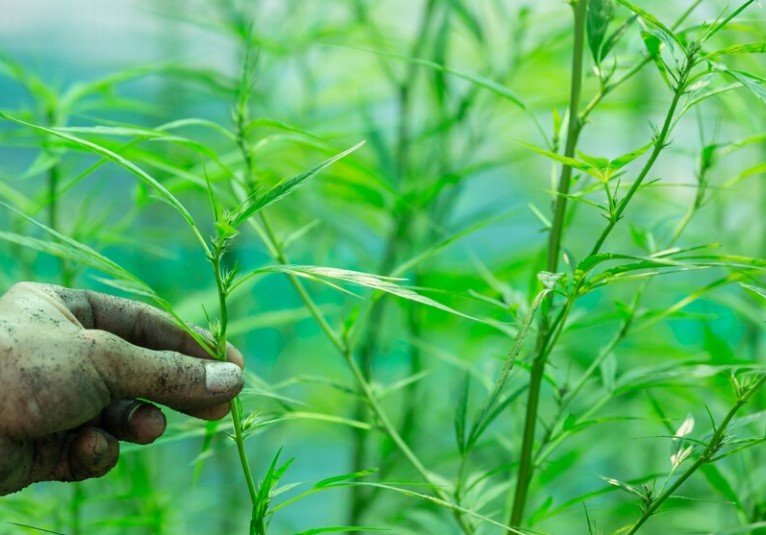Federal hemp protections tied to the 2018 Farm Bill remain intact despite ongoing federal budget turmoil that could lead to a partial government shutdown. This reprieve offers temporary relief to U.S. hemp operators, even as debates rage over the future of hemp regulations and intoxicating THC products.
Hemp Survives Federal Uncertainty – For Now
As lawmakers scrambled to reach a consensus on government funding, the hemp industry found itself in a precarious position. Protections established under the 2018 Farm Bill, which legalized hemp production across the United States, stayed in place amid the chaos.
The bill’s expiration in 2023 left stakeholders uncertain about the future. Efforts to pass a new five-year Farm Bill in 2024 stalled, with both Republican and Democratic proposals failing to resolve disputes over hemp-derived products. This inaction left federal hemp protections untouched for now, even as some states imposed restrictions or outright bans.

A Legal Grey Area: Hemp-Derived THC Products
The legalization of hemp inadvertently opened the door to products containing intoxicating hemp-derived THC, a move many lawmakers now acknowledge was unintended. This “loophole” has sparked heated debates across the country, especially as novel cannabinoids like delta-8 and delta-10 THC gain popularity.
Hemp-derived THC products include:
- Gummies and beverages containing delta-9 THC.
- Novel cannabinoids like delta-8 and delta-10 THC.
- THCA flower, marketed as a high-potency alternative.
Advocates argue these products are federally legal under the 2018 Farm Bill. However, opponents highlight public health concerns and the ease with which these intoxicating products bypass traditional cannabis regulations.
State Responses Vary Widely
With federal legislation in limbo, states have taken matters into their own hands. Some have enacted strict bans on hemp-derived THC products, while others allow their sale with minimal oversight. This patchwork approach has frustrated operators and regulators alike.
- Total bans in states such as Idaho and Iowa.
- Restricted sales in states like Colorado and Washington.
- Ongoing lawsuits challenging state-level bans.
These differing approaches have created a complex regulatory environment for businesses navigating interstate commerce. Operators must comply with state laws while adhering to the 2018 Farm Bill’s federal guidelines.
Trump’s Unexpected Influence on Budget Chaos
The government’s inability to pass a short-term spending plan further muddled hemp’s regulatory future. Former President Donald Trump’s last-minute demand for drastic revisions to a spending bill threw congressional negotiations into disarray, leading to a failed vote late Thursday.
The resulting budget impasse increased the likelihood of a government shutdown, though federal protections for hemp remained unaffected. This political maneuvering underscored the fragile state of hemp regulation, where broader political dynamics often overshadow the industry’s specific concerns.
What Lies Ahead for the Hemp Industry?
The lack of clarity around federal hemp policy leaves many unanswered questions for operators and consumers alike. Will Congress find common ground on a new Farm Bill that addresses concerns over hemp-derived THC? Or will state laws continue to drive the industry’s trajectory?
As the clock ticks on federal protections, the hemp sector faces several challenges:
- Regulatory uncertainty: Without a new Farm Bill, businesses are left guessing about future compliance requirements.
- Market volatility: States with stricter laws may see reduced sales, while lenient states could experience an influx of demand.
- Consumer safety: The absence of unified standards raises concerns about the quality and safety of hemp-derived THC products.
For now, the industry watches and waits. Federal protections hold firm, but the ongoing budget chaos and political gridlock leave the hemp sector in a state of limbo.
